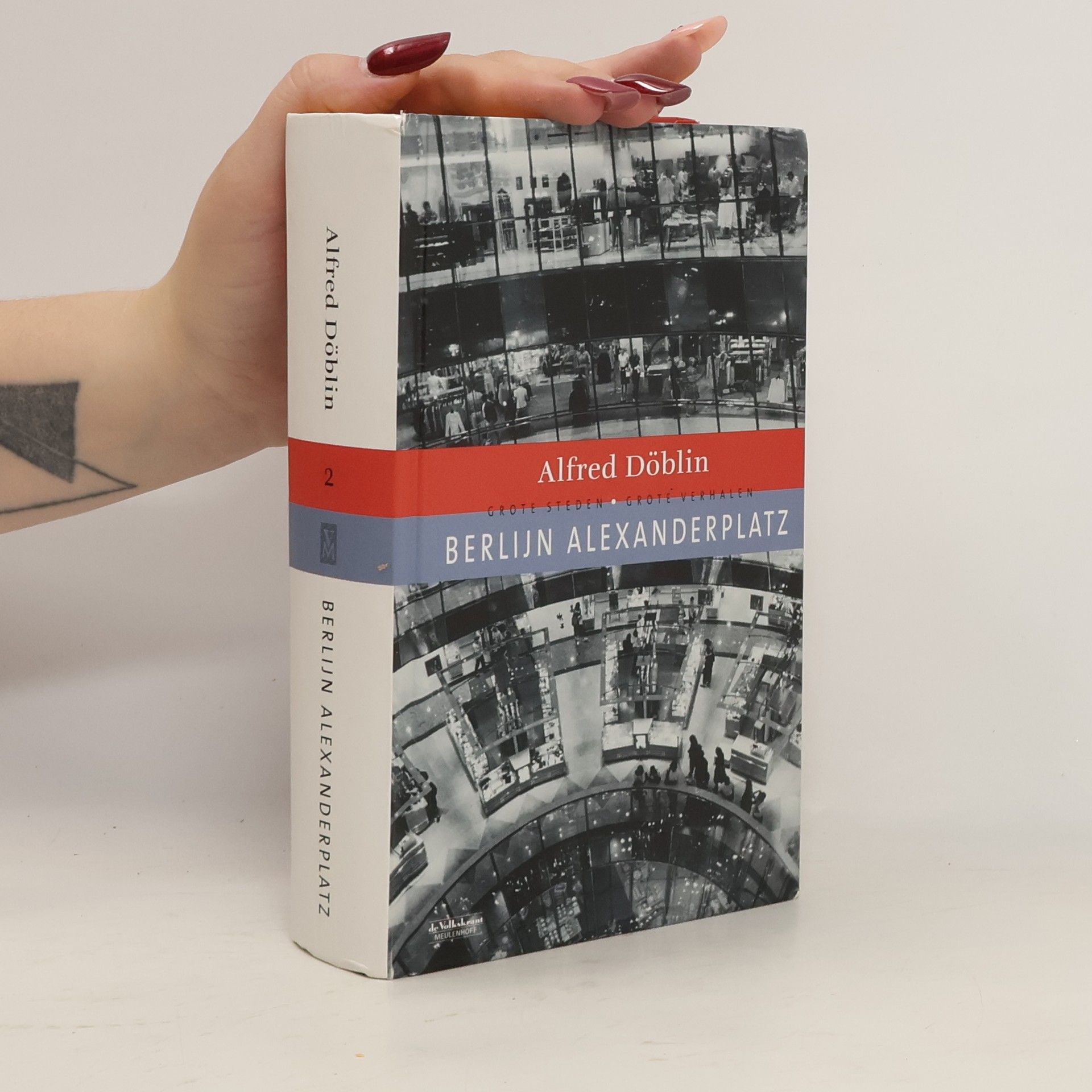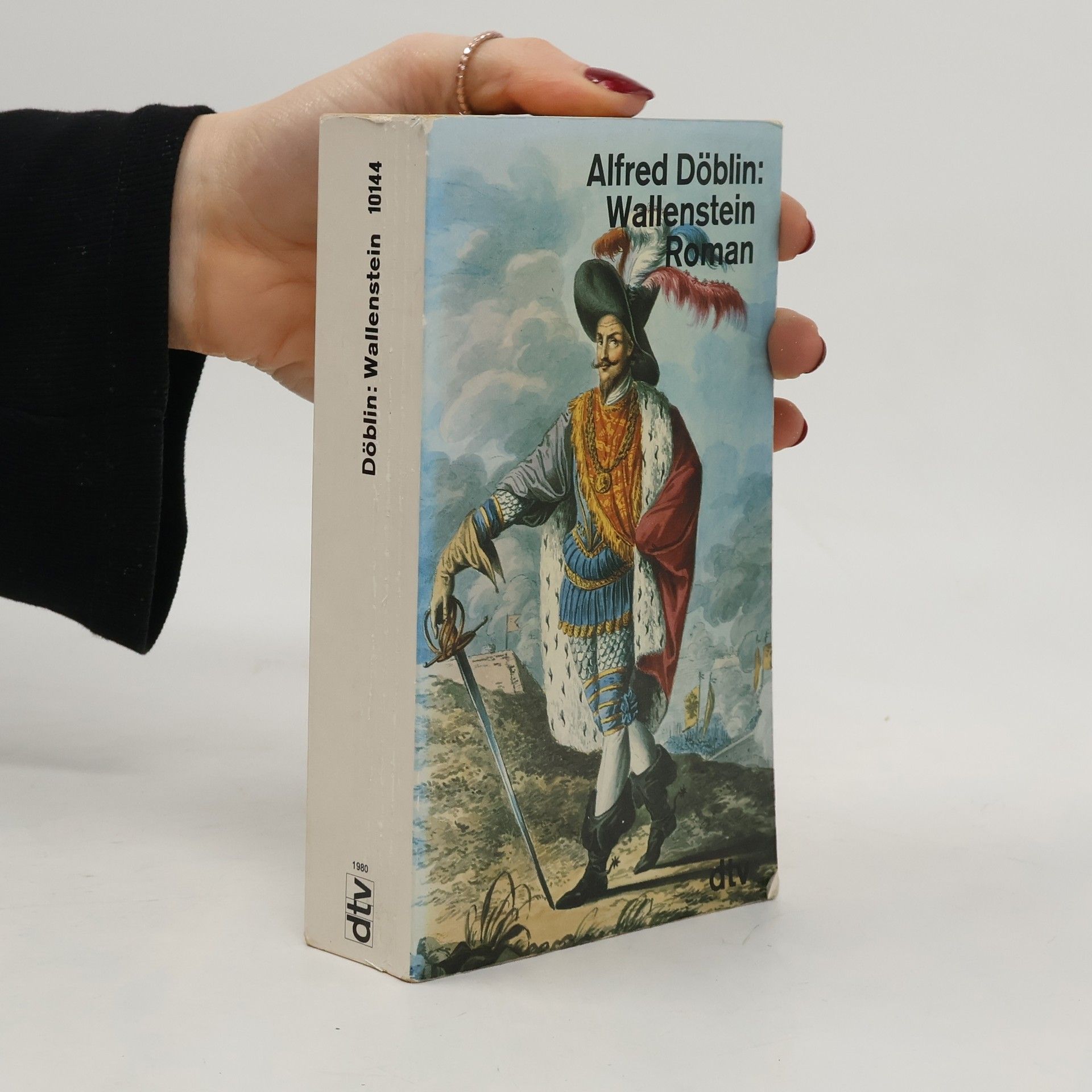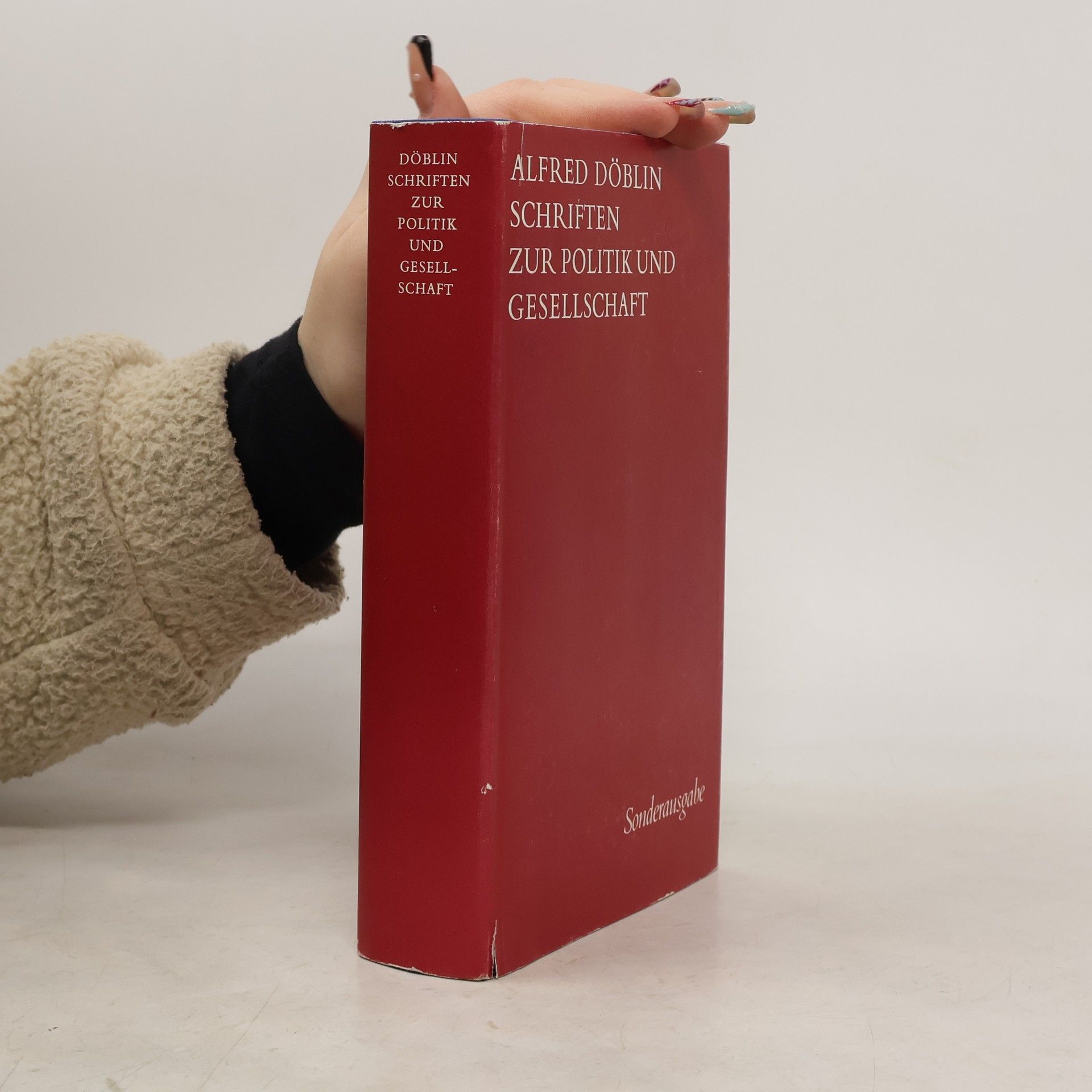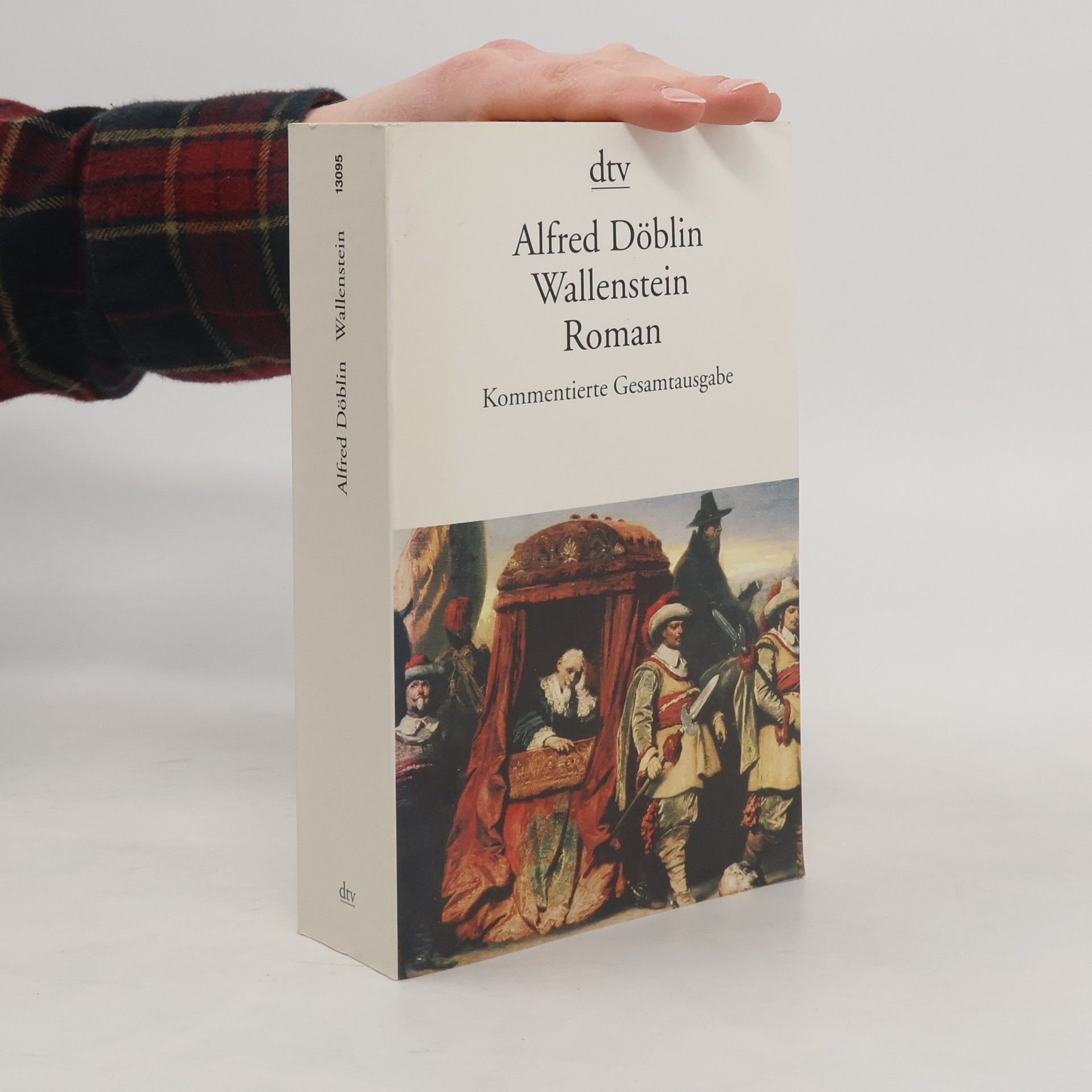Franz Biberkopf komt uit de gevangenis en wil zijn leven beteren. Hij stuit echter op een veranderend Duitsland waar Hitler staat te trappelen om de macht over te nemen en het nazisme in opkomst is. Daar is zelfs geen Biberkopf tegen bestand.
Alfred Döblin Boeken
Alfred Döblin geldt als een spilfiguur binnen het Duitse literaire modernisme, wiens omvangrijke oeuvre een breed scala aan literaire stromingen en stijlen omvat. Met zijn romans, drama's, essays en filosofische verhandelingen verdiepte hij zich in de complexiteit van het moderne stadsleven en maatschappelijke structuren. Döblins unieke stem en zijn vernieuwende narratieve benadering maken hem tot een auteur wiens werk lezers diepgaande literaire ervaringen zoeken, tot op heden aanspreekt. Zijn literaire nalatenschap beslaat een breed spectrum aan genres, wat zijn meedogenloze verkenning van de menselijke conditie weerspiegelt.







Alfred Döblin (1878-1957) composed his epic trilogy of South America under difficult circumstances of exile. It was accessible on first publication in 1937-38 only outside Germany, and for only a couple of years before war broke out. The first postwar edition, like others of Döblin's works apart from Berlin Alexanderplatz, was little noticed in a Germany traumatised by Nazism and defeat. Neither the pre-war not the first post-war edition explicitly linked the separate volumes as parts of a unitary work. In the 1960s the separate novels were first brought together by Walter Muschg, editor of the first series of Döblin's 'selected works', under the overall title Amazonas. Muschg, however, decided to cut Volume 3 entirely. Not until 1973 did the trilogy first appear in full, in East Germany. Another 15 years passed before the first complete edition in West Germany. So only in the past three or four decades has this work begun to receive the critical attention it richly deserves. The epic is set mainly in South America, but its true focus is Europe. The urgent guiding proposition is: The Nazis did not emerge from nowhere.
Manas
- 448bladzijden
- 16 uur lezen
Mountains Oceans Giants: An Epic of the 27th Century
- 700bladzijden
- 25 uur lezen
The great novel of 1920s Berlin life, in a superb new translation by Michael Hofmann Franz Biberkopf is back on the streets of Berlin. Determined to go straight after a stint in prison, he finds himself thwarted by an unpredictable external agency that looks an awful lot like fate. Cheated, humiliated, thrown from a moving car; embroiled in an underworld of pimps, thugs, drunks and prostitutes, Franz picks himself up over and over again - until one day he is struck a monstrous blow which might just prove his final downfall. A dazzling collage of newspaper reports, Biblical stories, drinking songs and urban slang, Berlin Alexanderplatz is the great novel of Berlin life: inventing, styling and recreating the city as reality and dream; mimicking its movements and rhythms; immortalizing its pubs, abattoirs, apartments and chaotic streets. From the gutter to the stars, this is the whole picture of the city. Berlin Alexanderplatz brought fame in 1929 to its author Alfred Döblin, until then an impecunious writer and doctor in a working-class neighbourhood in the east of Berlin. Success at home was short-lived, however; Doblin, a Jew, left Germany the day after the Reichstag Fire in 1933, and did not return until 1945. This landmark translation by Michael Hofmann is the first to do justice to Berlin Alexanderplatz in English, brilliantly capturing the energy, prodigality and inventiveness of Döblin's masterpiece.
A marriage gone horribly wrong; a secret female friendship and affair; a murder plot. This precursor to the true crime genre is told by Alfred Döblin, one of the giants of 20th century German literature and author of Berlin Alexanderplatz, which was named as one of the Guardian Top 100 Books of All Time.
Wallenstein
- 1022bladzijden
- 36 uur lezen
Mitten im ersten Weltkrieg, als Militärarzt in Lothringen und im Elsaß, begann Döblin dieses Epos des Dreißigjährigen Krieges zu schreiben und damit eine neue Vision der Geschichte zu gestalten. Die ungeheuerlichen Ereignisse dieser Zeit: die Schlachten und Belagerungen, die flutenden Armeen und Flüchtlingsströme, Triumph und Elend der Fürsten und Generäle, das Ringen der Großen um die Macht und die namenlosen Leiden der Völker, die Gestalten Maximilians von Bayern, Kaiser Ferdinands, Wallensteins oder Tillys - das alles ergibt ein farbenprächtiges historisches Gemälde, und wie ein Wasserfall von Figuren und Ereignissen flutet die Tragödie eines Zeitalters am Leser vorbei. Mit seiner ungeheuren Sprachgewalt gehört Döblins Wallenstein zu den denkwürdigsten Werken der modernen Literatur. Zum 125. Geburtstag Döblins am 10. 08. 03: die erste historisch-kritische Ausgabe seines epochalen historischen Romans im Taschenbuch.



